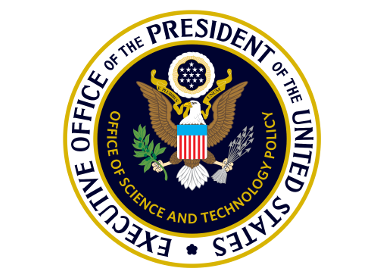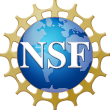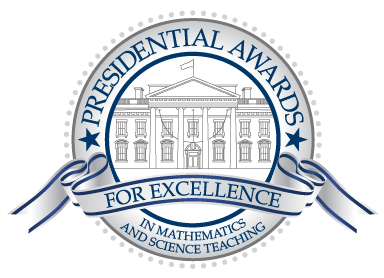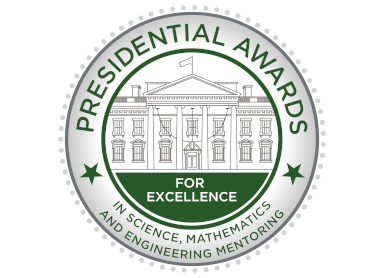Johanna Brown
Pullman, WA | 7-12, Science, 2021

What motivates you to contribute to excellence in STEM teaching?
My own experience as someone who has always loved learning but didn’t always thrive in traditional school settings. I believe excellence in teaching isn’t about perfection—it’s about the messy process of co-constructing knowledge with students and making space for them to bring their full selves into the classroom. I want every student grow in their understanding and wonder about the natural world whether that's for life or their future career.
What has been the most transformative moment that affirmed your impact on STEM education?
The most transformative moments for me have been the countless times students who once believed they couldn’t succeed in chemistry or computer science discovered their own potential. It’s the snowball effect of watching those students grow into confident, capable adults. I think of running into a former student on a midnight flight who paused in the aisle just to tell me about his lab work with quantum dots, or receiving a message from a journalism student who used what they learned in class to report on climate issues. These moments remind me that STEM touches every part of our lives, and that great STEM education empowers students to understand and shape the world around them.
Using your platform as a Presidential Awardee, how do you hope to advance our nation in STEM?
I see my platform as a powerful opportunity to reimagine STEM education as a space where all students feel seen, capable, and inspired to solve the challenges of tomorrow. I aim to advance our nation in STEM by championing learning environments that prioritize curiosity over compliance, real-world relevance over rote memorization, and student agency over rigid systems. This reimagining requires us to invest time and funding into classrooms and research intiatives to support science education.
Biography
Johanna Brown is the Associate Director of Secondary Science at the Washington Office of Superintendent of Public Instruction (OSPI), where she leads 6–12 science education with a focus on meaningful, student-driven learning that prepares young people to engage with real-world challenges. She oversees science standards implementation, supports districts across the state, and administered the $3 million ClimeTime initiative—the nation’s first state-funded climate education program. Johanna works closely with researchers and regional leaders to strengthen access to high-quality science instruction and develop tools that reflect the full range of student experiences and learning needs. Before joining OSPI, Johanna taught chemistry, AP Chemistry, and AP Computer Science A at Pullman High School, where she reimagined traditional grading systems, launched new AP programs, and mentored early-career educators. Her classrooms emphasized curiosity, relevance, and deep understanding. She also coached nationally recognized Science Bowl and Knowledge Bowl teams, advised student clubs, and built partnerships with local universities to expand STEM opportunities. Johanna’s leadership has earned national recognition beyond PAEMST including the 2022 NSTA Yager Award, and GeekWire’s 2022 STEM Educator of the Year Title. She holds a B.A. in Chemistry from Western Washington University, an M.Ed. from Washington State University, and is pursuing a Ph.D. at the University of Idaho. She is National Board Certified in Chemistry and serves on the boards of the Council of State Science Supervisors, the Washington Science Teachers Association, Grow Beyond Grades, and recently, the National Science Teaching Association.
High-resolution version of the teacher profile photograph
The views expressed in awardee profiles are those of the author and do not necessarily reflect the views of NSF or the PAEMST program.



